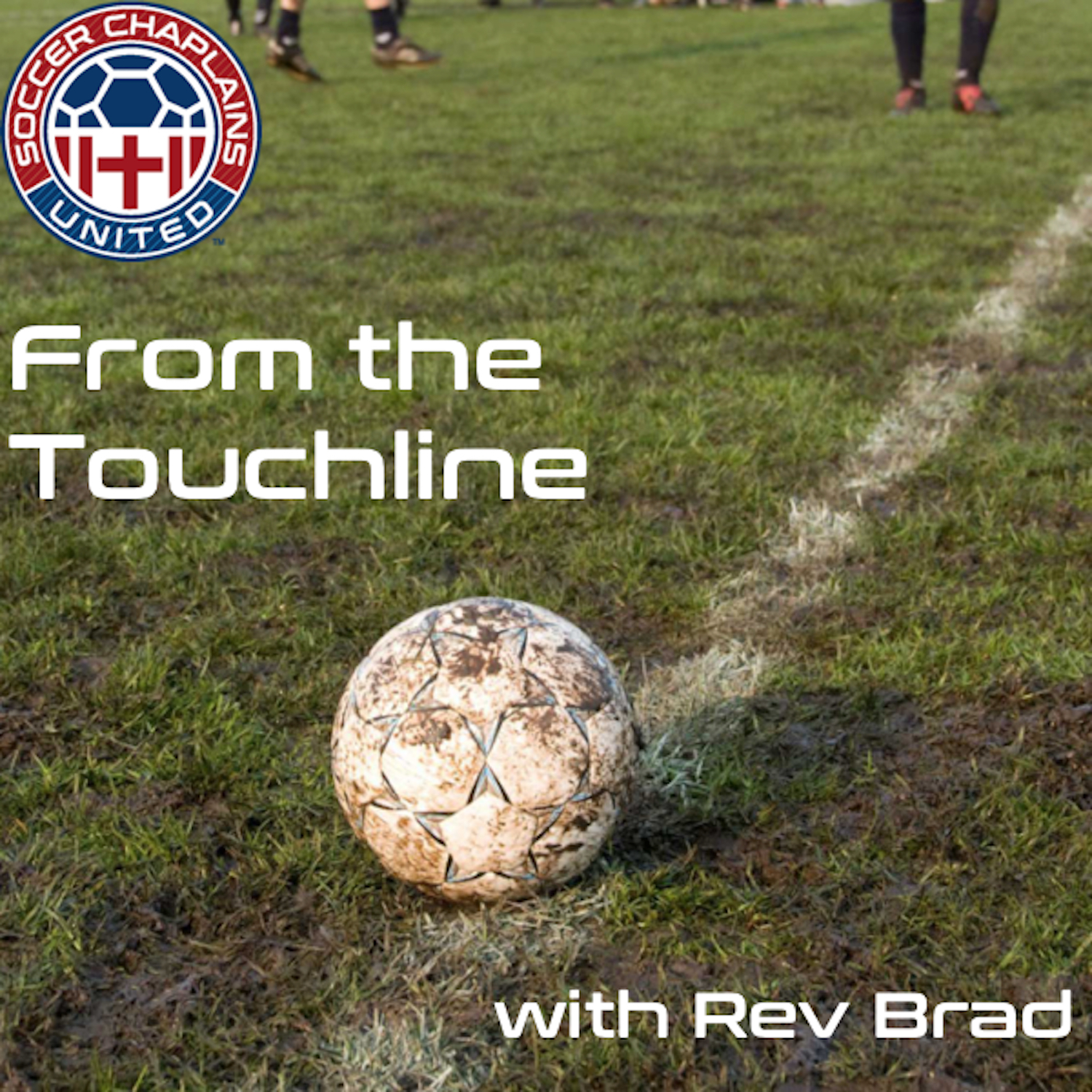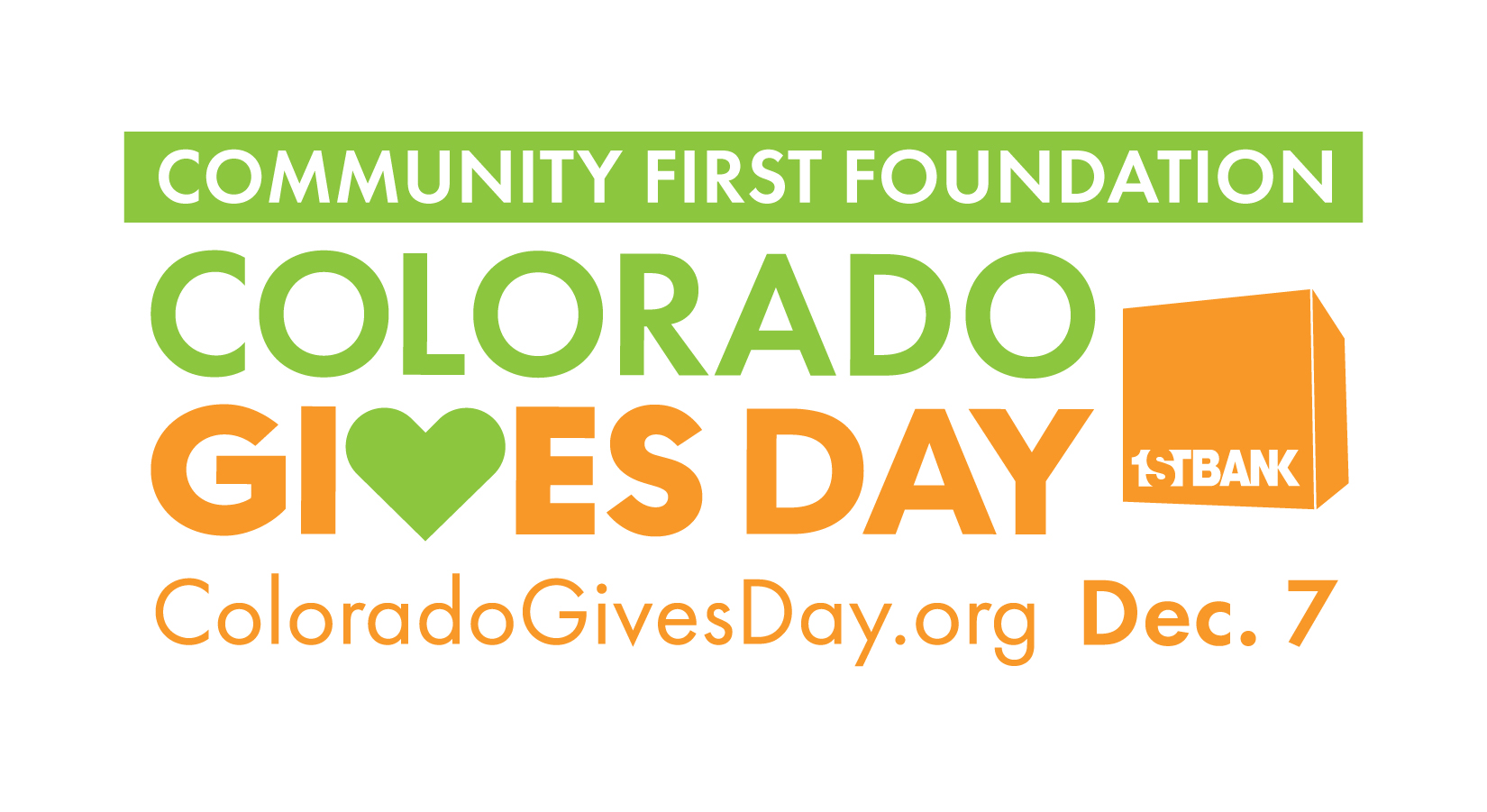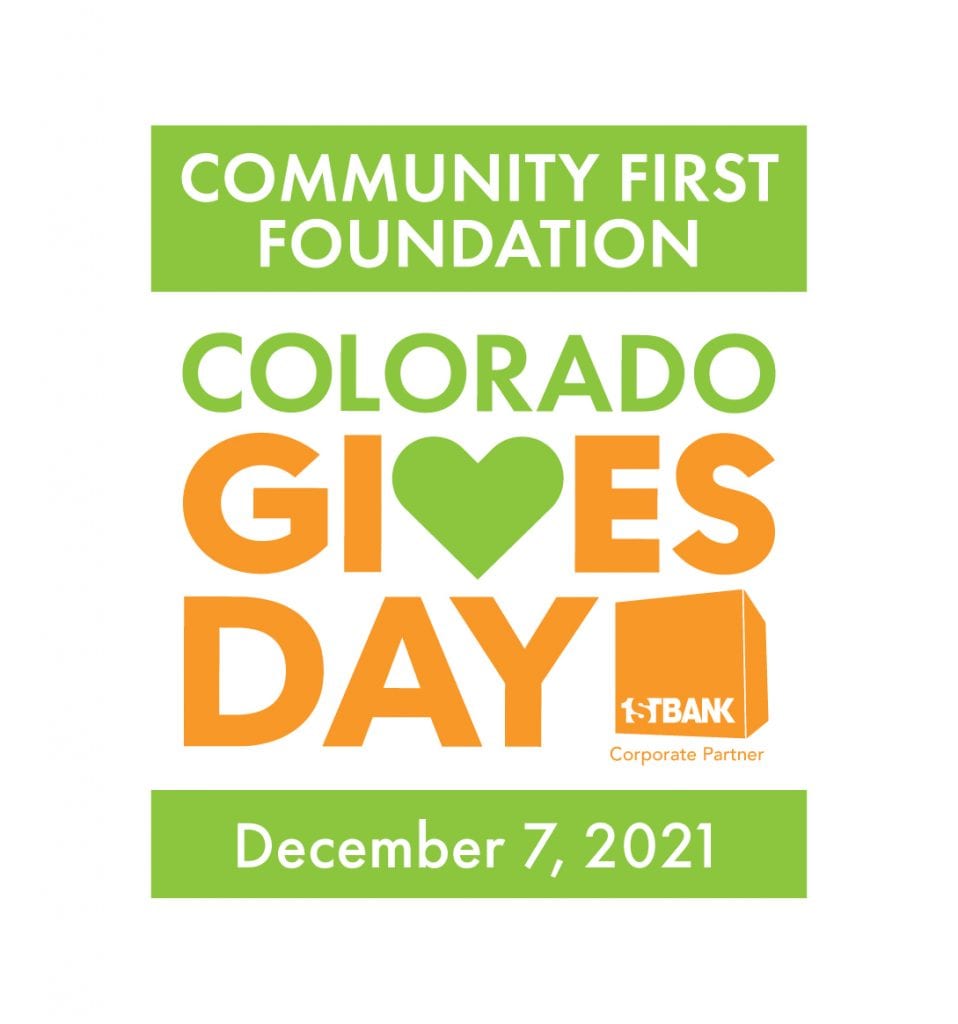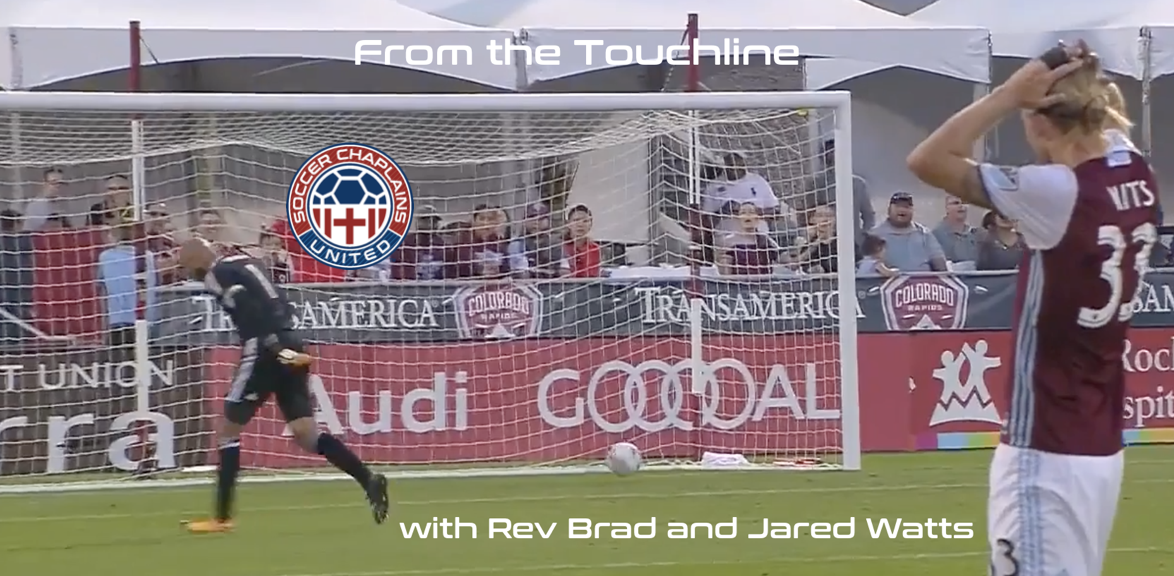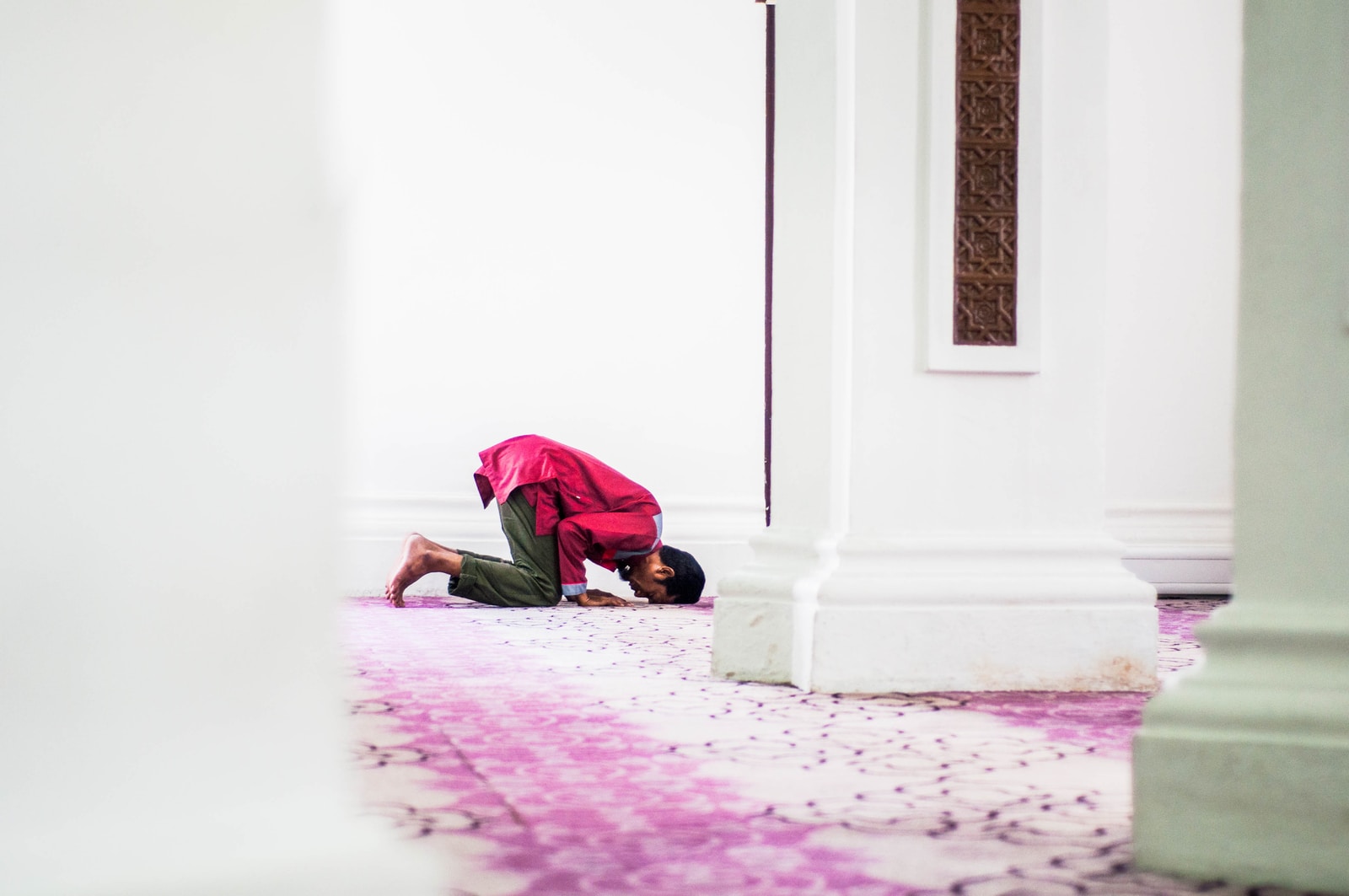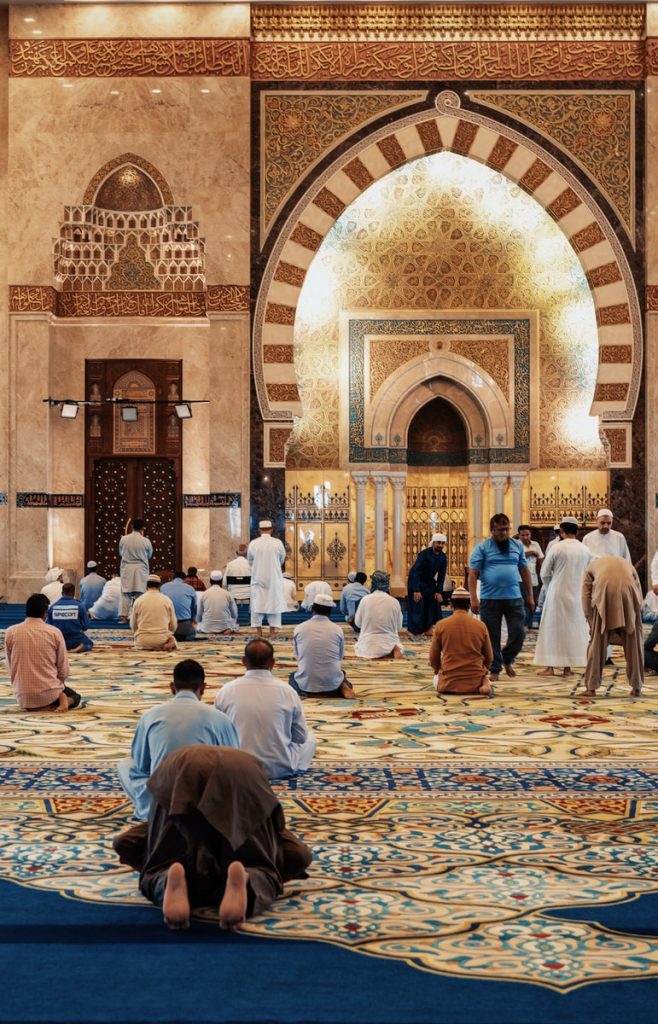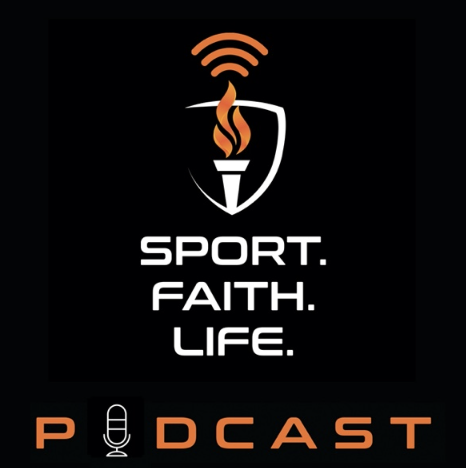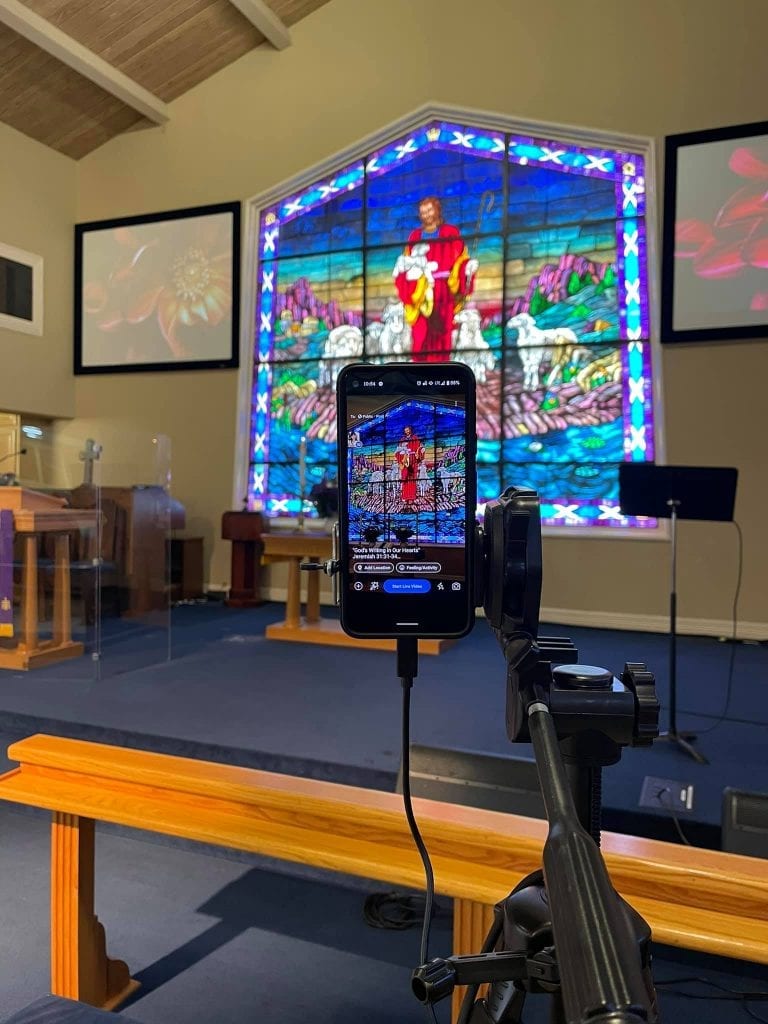Today marks the first day of Ramadan. Ramadan is a month-long fast observed by Muslim people. It can last 29 or 30 days (dependent upon lunar calendar) and during this time, adherents of Islam abstain from food, drink, sexual intercourse, and smoking from dawn to dusk. They are also to abstain from evil intentions and actions in a way that is to promote “a life of complete submission to the will of Allah.”1
In certain parts of the world, the fast of Ramadan can be difficult for those in football (soccer) to undertake especially here in the U.S. when our soccer leagues are just beginning. Sometimes the fast occurs in the middle of summer — especially difficult in places like Colorado, Texas, and other states where heat and humidity can have a massive impact on the physical drain that the fast can take on a person.
So how does a Christian organization like Soccer Chaplains United, with Christian chaplains, support athletes, coaches, and staff that believe and practice a different religion, such as Islam?
Club Advocacy
On way is that our chaplains look for opportunities to serve and be advocates for people of different religions during special times like Ramadan. While our chaplains are Christian, helping teams and clubs understand the nuances of different religions is a key role for the chaplain. Coaches or people in certain key roles (like an athletic trainer or medical staff) around the club may not have particular understanding of different faith requirements. A chaplain can help understand what the typical faith observances may be.
Chaplains can also help bring key people within a team together to better understand, support, and accommodate different people’s faith and belief requirements. Sometimes this may involve a compromise from the person. For example, some athletes in certain years have made requests for an allowance (from an Imam – Muslim clergy) to makeup days of the fast at different parts of the year (like the offseason) when their jobs and livelihood won’t be severely impacted by the physical demands.
Individual Assessment
Another key way that chaplains support people from different faith traditions is by understanding a particular individual’s desire to observe different parts of their faith. As is usually the case across many different faiths the level of devoutness or the particular observances varies from person to person. For example, a Catholic Christian may observe Ash Wednesday whereas a Baptist Christian believer may not. Chaplains must critically understand where an individual is in terms of their desire to observe or participate in certain practices or traditions of one’s faith.
Practical Provisions
A chaplain may also need to help provide certain things for people of different faiths the ability to practice their faith as it relates to football. For example, the chaplain may make arrangements with a particular team/club to designate a space or room for someone to practice their faith — Muslim prayers occur five times a day. Often, these prayer times can conflict with training or game times. Chaplains may also advise the club on making provisions (prayer rugs for example, or dietary accommodations) so that people can feel comfortable in the stadium or office environments.
Local Connections
An important way that chaplains help support people of different faith traditions is to help connect them to local faith community resources. Again, understanding an individual’s needs or desires is key, but the chaplain typically will have greater knowledge about local resources and different constraints — for example, traffic patterns or accessibility to particular parts of town where a synagogue or mosque or temple may be found. Chaplains can do work to build relationships with clergy members of different faith traditions to build trust or understand when and how to make particular referrals.
Personal Prayer
A final way that our chaplains can support people of different traditions is to personally pray alongside of them during important feasts, fasts, and faith observance moments. Chaplains can join in observance. For example, fasting lunch during the season of Ramadan to pray for peace between Muslim and Christians in the world.
We encourage the supporters of Soccer Chaplains United and our chaplains to being praying for Muslim people during this year’s fast of Ramadan. Pray especially for the athletes here in North America as the professional seasons for the various leagues are beginning. The fast which began at sundown on Monday, April 12 will end on Wednesday, May 12.
1: Taken from A Chaplain’s Companion by Judith C. Joseph, 2002.


